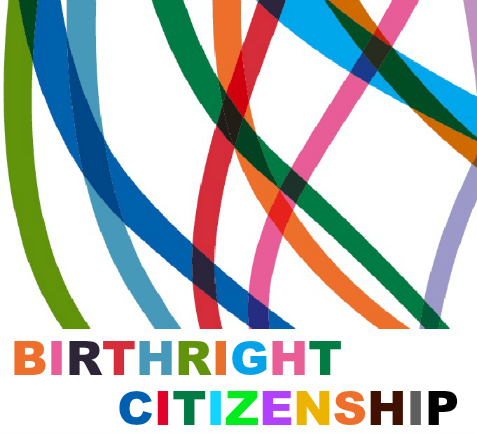Should a child born in this country to parents who are here illegally be automatically granted citizenship? That has been the practice for the last century. But what was the intent of the authors of the 14th amendment?
In an article in the Texas Review of Law and Politics University of Texas law school professor Lino Graglia challenges the policy of “birthright citizenship.” He believes we are not using a proper interpretation of the 14th amendment. The amendment says: “All persons born or naturalized in the United States, and subject to the jurisdiction thereof, are citizens of the United States and of the state wherein they reside.” He argues that the authors of the amendment could not have intended birthright citizenship back in 1868 because there were and never had been illegal immigrants since no law had ever been passed restricting immigration.
In order to understand the language of the 14th amendment, you need to go back two years to the Civil Rights Act of 1866. It was the basis of the language for the 14th amendment. It included phrase “not subject to any foreign power” and therefore makes it clear that it was not intended to grant citizenship to anyone with divided allegiance.
It is also worth noting that the Supreme Court in 1884 ruled that children born to Indian parents were not born “subject” to U.S. jurisdiction because the person so born could not change his status by his “own will without the action or assent of the United States.” And it added: “no one can become a citizen of a nation without its consent.”
The current debate about the president’s executive order assumes that children of illegal aliens who are born here should automatically be considered U.S. citizens. The law journal article challenges the practice of birthright citizenship because it is based upon an incorrect interpretation of the 14th amendment.
 Listen Online
Listen Online Watch Online
Watch Online Find a Station in Your Area
Find a Station in Your Area










 Listen Now
Listen Now Watch Online
Watch Online
